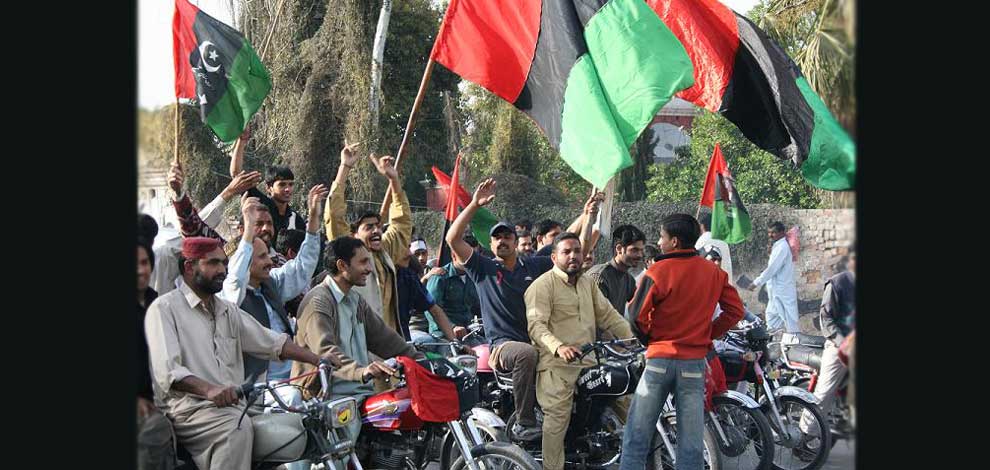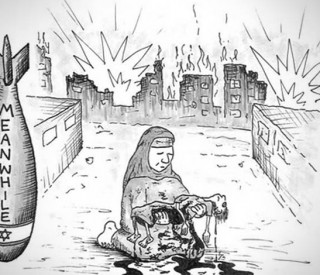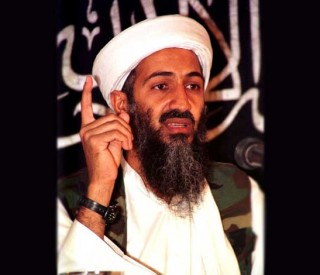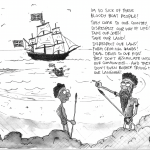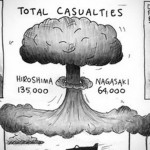The following article was published in Open Forum on September 12, 2008:
A very fragile political scenario emerged this week as the 13th President of Pakistan was sworn into office. A flailing congressional system now hangs in the balance amid tight speculation from opposition parties. Writes Reuben Brand.
With the resignation of US backed military dictator Pervez Musharraf and the installation of US approved Asif Ali Zardari, Pakistan has become a political playground as pressure mounts to curb insurgencies in the war on terror.
The last time I was in Pakistan I stayed in Peshawar, the largest city in the North West Frontier Provence and closest to the Afghan border, where anti US sentiment was running thick on the ground. So another government with close ties to the US will have an increasingly hard time in power, as tensions around the border rise.
Asif Ali Zardari, widower of the assassinated Benazir Bhutto and co-chairman of the Pakistan Peoples Party (PPP), was sworn in this week as the new President of Pakistan.
Protest from the opposition is mounting over the failed coalition between Nawaz Sharif, leader of Pakistan Muslim League and the PPP just one week after Musharraf’s resignation. The partnership became problematic as both sides vied for the presidency but none could come to an agreement regarding the re-instating of judges who were deposed under the Musharraf regime.
The rise of the PPP, like a phoenix from the ashes of the Bhutto dynasty comes as Pakistan, a dictatorship prone country, struggles to re-establish its democratic process within a fledgling government.
But now, as a nation rid of Musharraf, Pakistanis have the chance to forward a democratic process and bring about a great deal of change. Politically, Pakistan’s future could well be at a turning point.
Zardari’s previous political career has been one of constant scandal and intrigue. During his wife Benazir Bhutto’s second term as Prime Minister, Zardari acquired the nickname “Mr ten percent” as he had a keen interest in the Financial Ministry. Subsequently amid various corruption allegations, Bhutto decided to place him in the non-revenue generating sector.
Many in Pakistan are sceptical of Zardiri’s credentials as President. His resume sports a long history of time spent in jail on numerous charges, ranging from corruption to murder. Charges that Zardari said were all politically motivated.
Like his predecessor, Zardari is also seen as being too close an ally to the US. To avoid the risk of being rejected in the next parliamentary elections or an uprising from tribal leaders in the frontier provinces, Zardari, as an elected civilian leader, now has a very delicate path to tread.
Sworn in on Tuesday with a green light from the US, Zardari has reinstated the PPP back into the ruling majority of Pakistan’s political arena. US Secretary of State Condoleezza Rice issued a statement confirming support for the new government.
“We will continue to work with the Pakistani government and political leaders and urge them to redouble their focus on Pakistan’s future and its most urgent needs, including stemming the growth of extremism,” she said.
“Stemming the growth of extremism,” an interesting notion considering the US led war on terror has terrorised the Middle East and its neighbours since the invasion of Afghanistan in 2001. Now with the escalating violence in the region the US are intently, egregiously and continuously looking across the border to the Taliban strongholds in Pakistan’s Frontier Provinces.
The US air strike on September 8 that killed up to 20 people, innocent woman and children included, came as reports that President Bush had secretly approved a ground campaign to be carried out by US Special Forces inside the Pakistani border without Pakistan’s permission. A move that has led Pakistan’s military chief, Gen. Ashfaq Parvez Kayani, to criticize and condemn the US for the attacks, saying that his country’s sovereignty will be defended “at all cost.”
The key factor for the ongoing aggression by the US is that Pakistan is the only Muslim country to possess nuclear capabilities. So as far as the US is concerned, their involvement in the Pakistani government as well as their increased number of troops in the region is paramount if they are too successfully puppeteer a sub-continental pantomime.
This would amount to a very difficult feat considering some of Pakistan’s lawless frontier provinces are among the most dangerous regions in the world and according the US’s war on terror harbour some of Al-Qaeda’s key players. Even Osama himself supposedly calls it home.
Yes, Pakistan possess nuclear arms, but so does India, China, Israel, North Korea, Russia, France the UK and of course the USA. The latter being the only country to use them. So why are countries like Pakistan and Iran frowned upon by the international community when they join, or want to join the ‘nuclear club’? If it is an issue of safety, then the US should immediately undergo nuclear disarmament; for as history will tell us their rhetoric and actions are far more aggressive and dangerous.
Pakistan is of increasing geopolitical importance in the US’s war on terror. The US are increasing the number of troops in the region and are mounting more incursions into Pakistan, bringing with it a higher number of innocent civilian casualties.
The fragility of Pakistan’s current political landscape is palpable, but as a country post Musharraf there is a good chance for real democratic change. The reinstatement of a democratically elected government gives the majority of Pakistanis hope that previous dictatorial regimes will remain a thing of the past.

